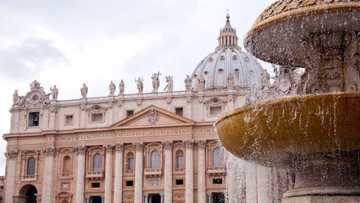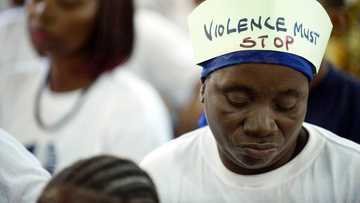History of Islamic education in Nigeria
The very beginning of Islamic education in Nigeria began when the Islamic faith entered the country. For many centuries, there have been Muslims and Christians within the same land and both have always wanted their children to be educated and successful in life.
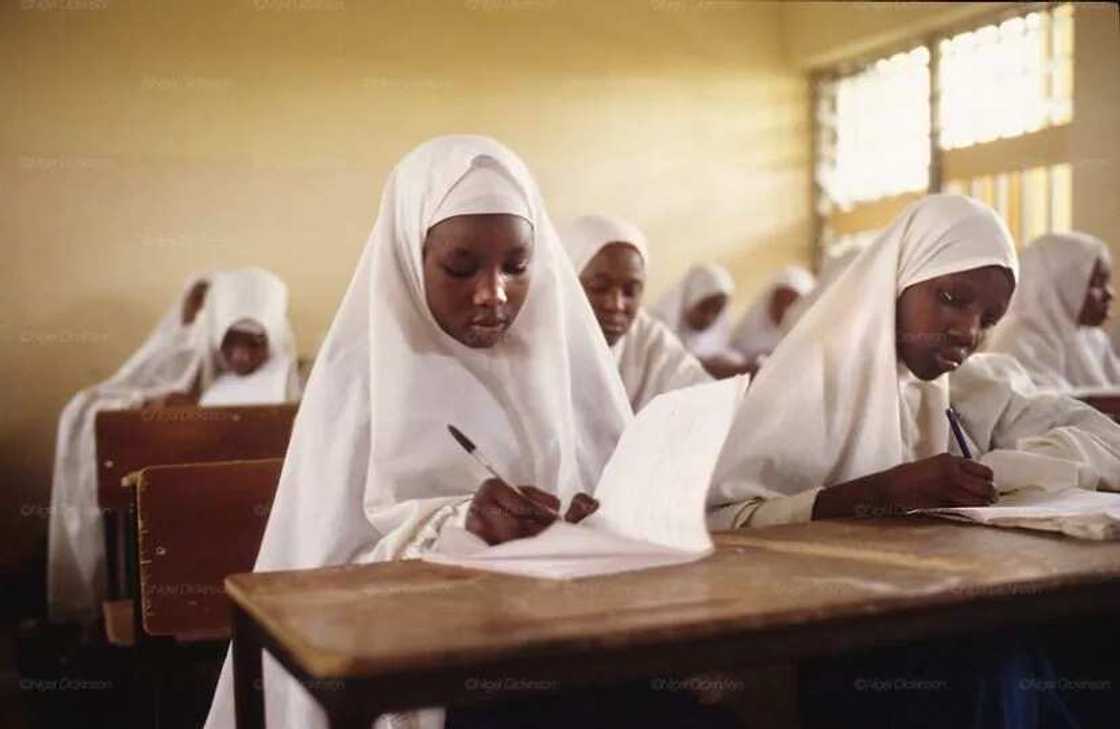
Islamic education in Nigeria historical background
Everything began around the 9th century when the now Northern part of the country was ruled by Mai Idris Alooma. This was the time when the Islamic faith took its place in the hearts of many Nigerians and in a great part of the country. With the spreading of the religion, other cultural and traditional aspects spread, too, and it was necessary to invent a new system of education for Muslim children.
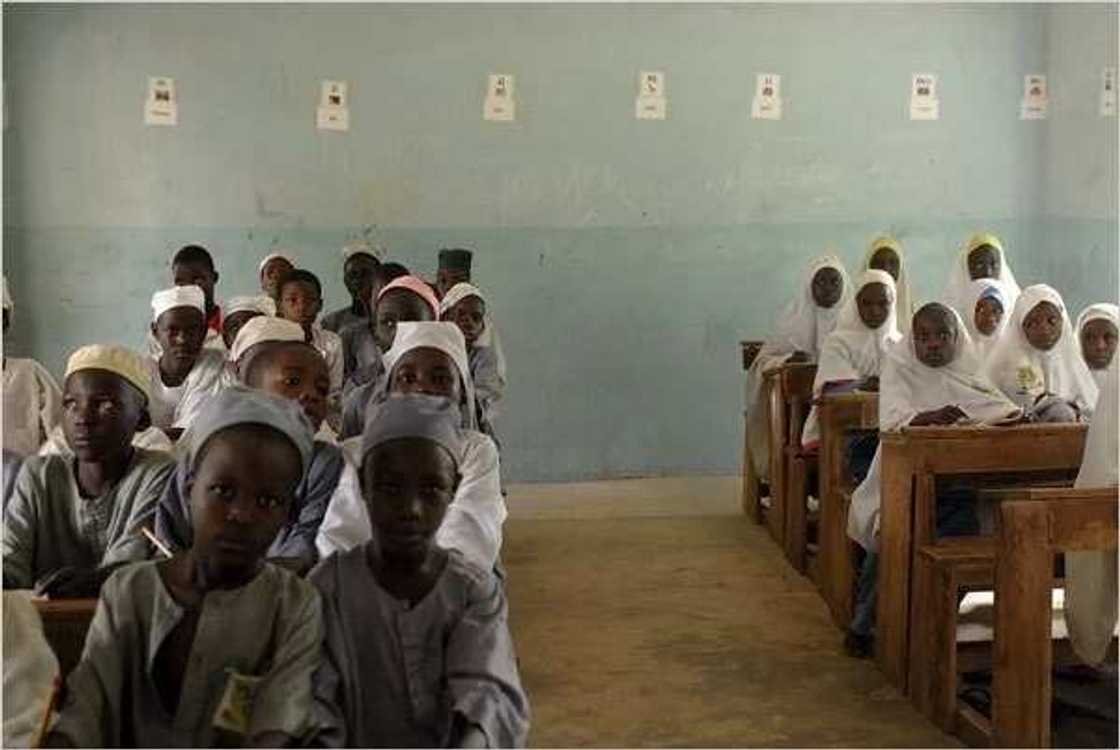
READ ALSO: How special education began in Nigeria
The religion became really widely spread in the northern region of the country and started its gradual movement to the south where it found more devoted new followers.
Then, there came Arab merchants who were entering the lands from the north. These merchants crossed the Niger River and settled down in the southwestern regions. This is how the Islamic education in Nigeria spread over the northern parts. In the southwest areas, as it’s believed that the Islamic religion and culture came from Mali.
This was the time while there was still no Christianity in Nigeria because the European missionaries had not arrived.
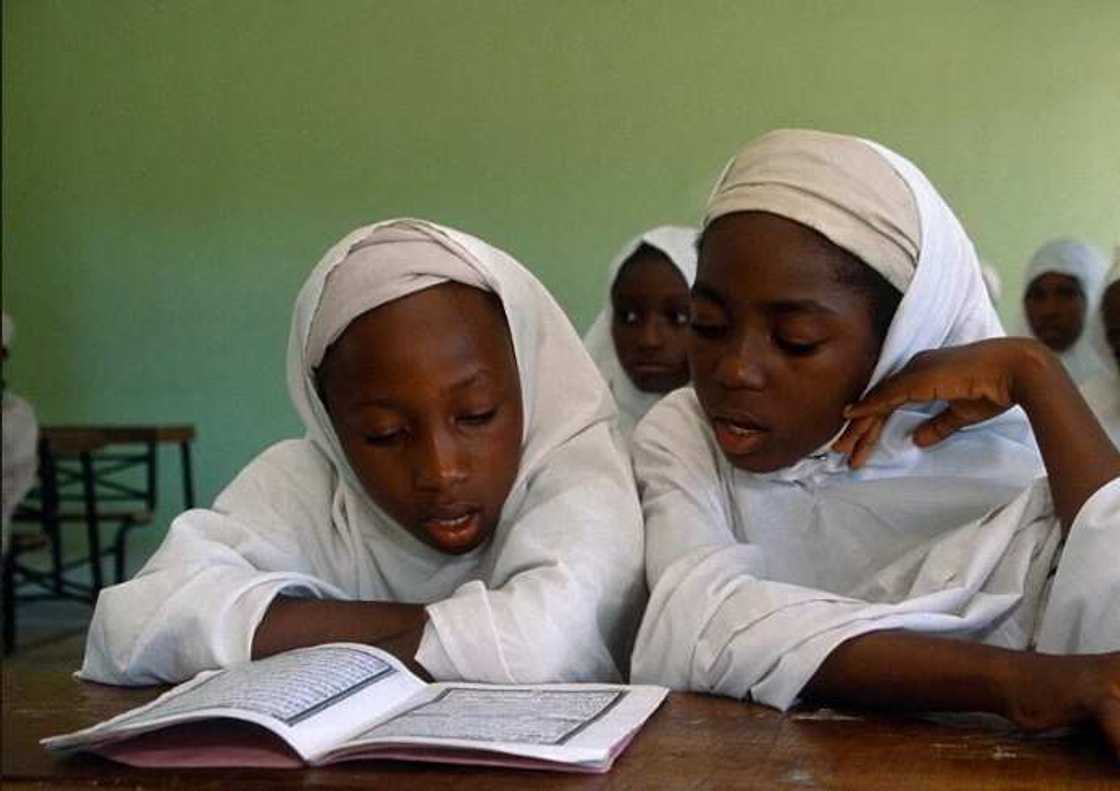
READ ALSO: Scheme of work for Nigerian primary schools and NERDC
These “people from Mali” were actually the first to bring the new Islamic education in Nigeria. There still have been no Portugal missionaries who would bring their faith with them. There have only been contacts with people from the same continent and with the same similar beliefs. The “people from Mali” were the ones who erected the first Islamic schools in Nigeria between the 14th and 15th centuries.
Further development of the Islamic education system in Nigeria
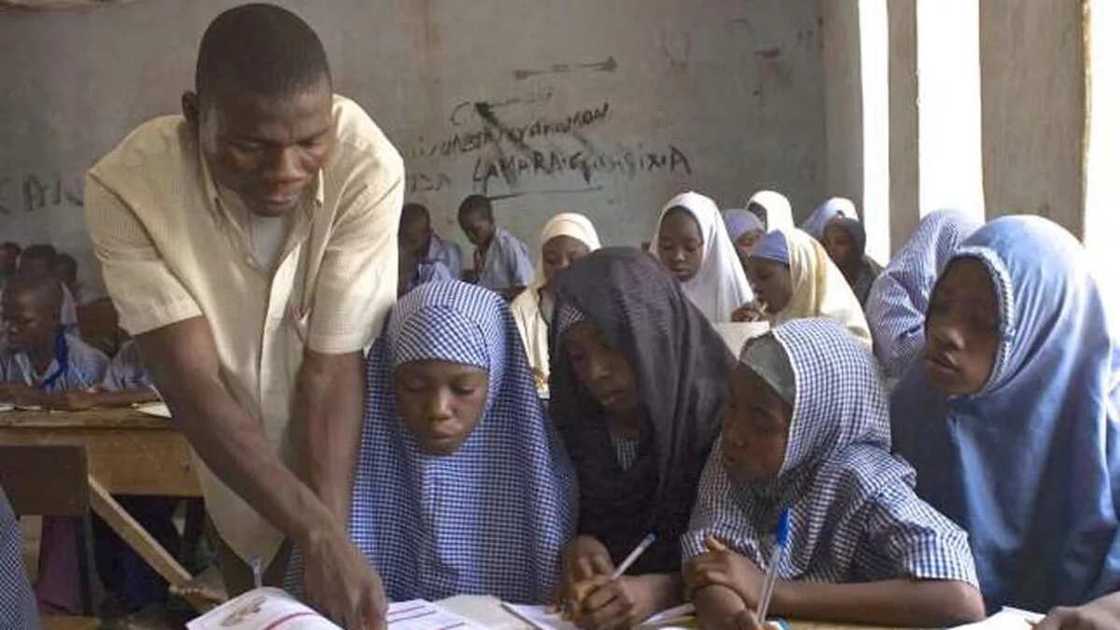
By the 19th century, the Islamic education has become a part of people’s life. The ones who were involved in the school teaching usually contributed a great deal of their efforts to build mosques and other religious places. The very first mosque within Yoruba land was built in 1550 in the current center of the Islamic education.
They thought, the more mosques and other cultural buildings there were, the higher the spirit of the local people was and the more locals and foreigners could serve their spiritual needs in such places. Owing to this thought, there appeared more and more mosques around the country and now practically every big city in those lands has its big mosque.
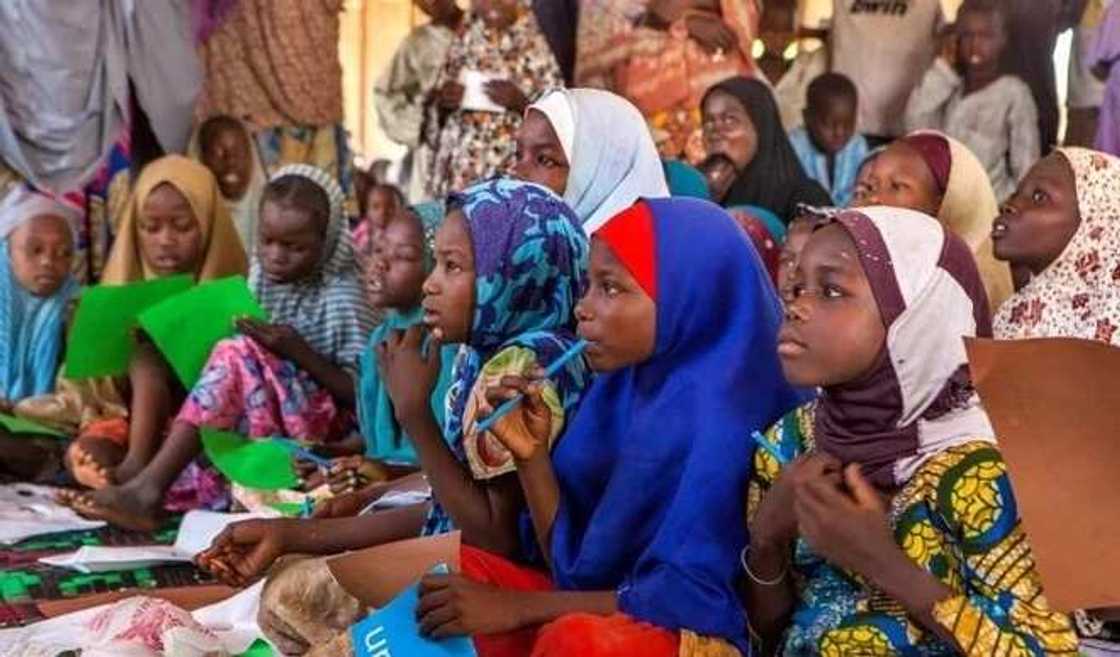
In the southwestern parts of the country the number of people who are loyal to the Islamic beliefs is very scanty. Due to this fact, there are not many mosques in this area and even if there were many, they would not have enough people for services.
Objectives of Islamic education in Nigeria
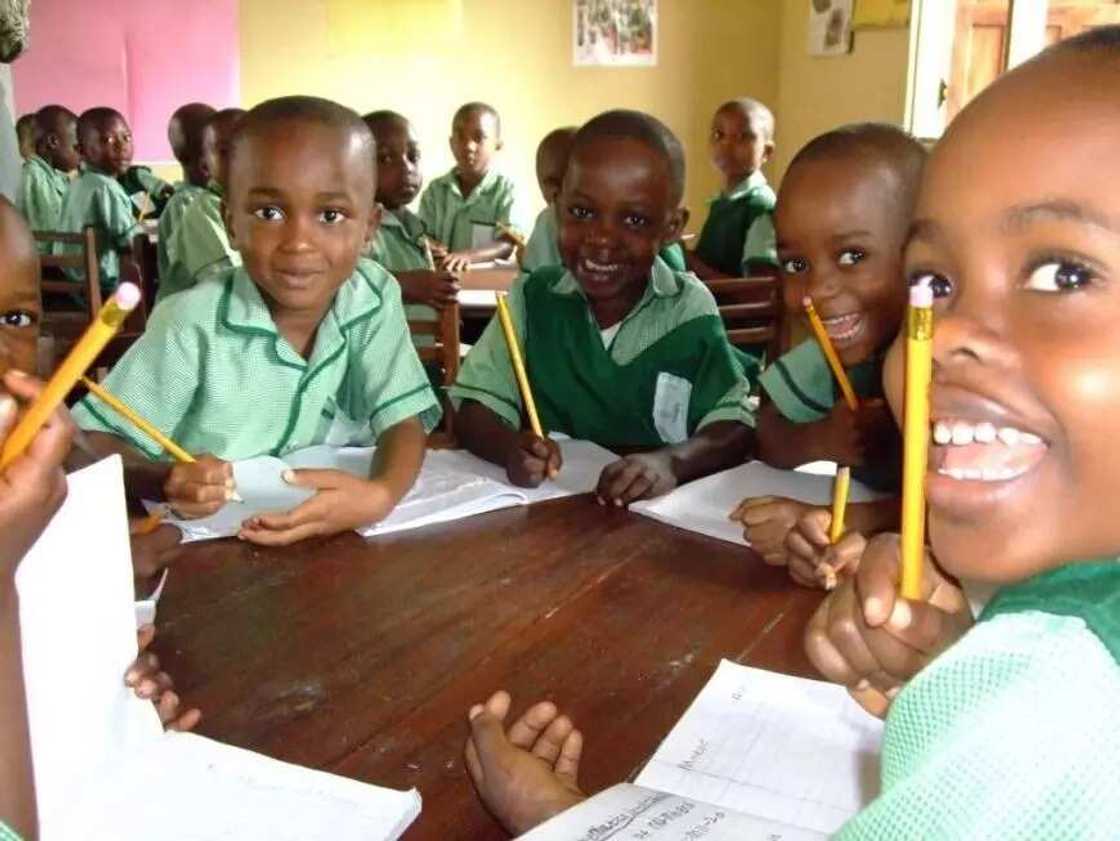
Source: Getty Images
Today, the Islamic education is aimed at the development and growth of the entire personality. It’s not just teaching and learning subjects; it’s also keeping an eye on the way children’s personalities unfold and develop.
One of the modern objectives of the Islamic education in Nigeria is to develop the Muslim side of education.
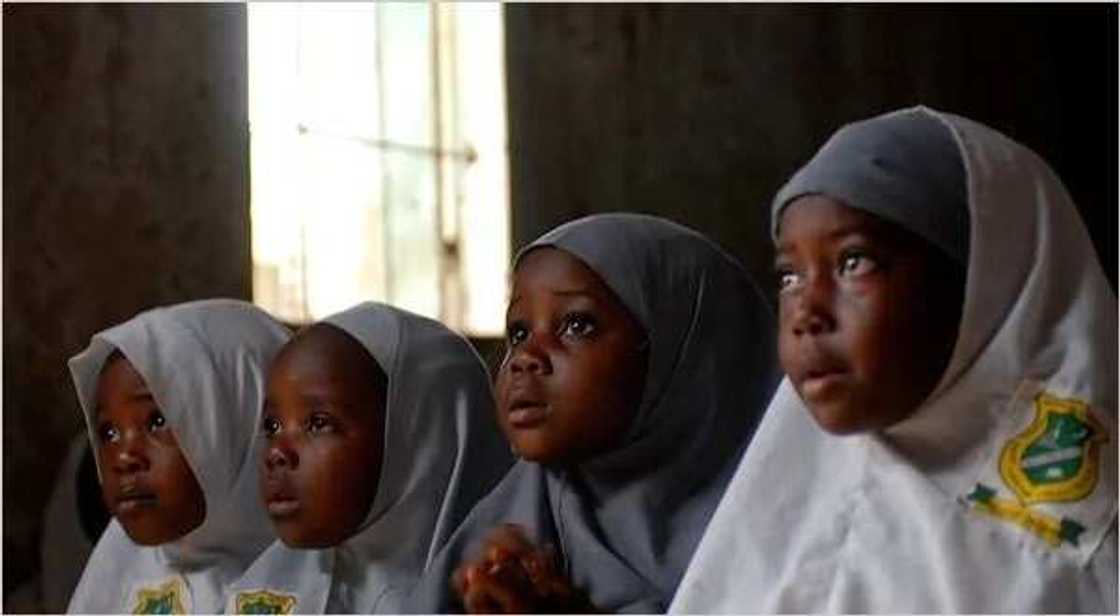
Source: UGC
During the times of colonization, Muslim parents did not want to send their children to Christian schools, fearing that due to the education, their children would turn into Christians.
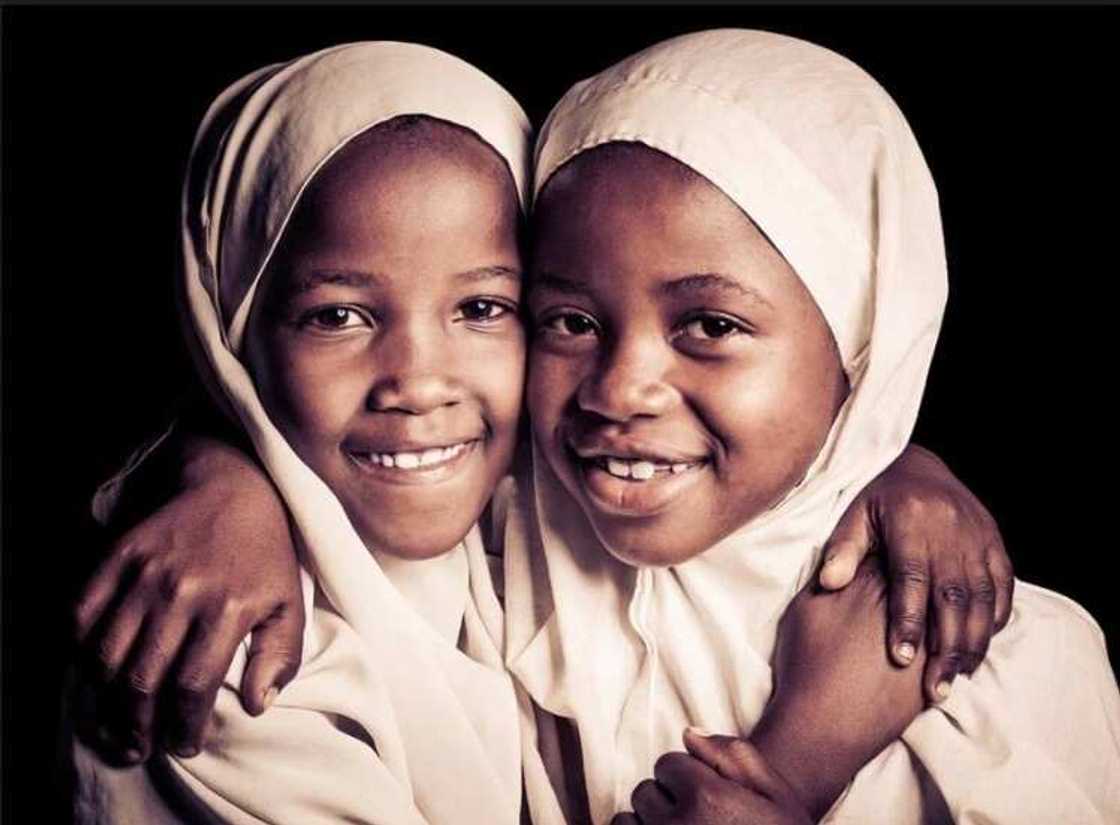
Source: UGC
Muslim education in Nigeria should not mean rejecting everything that’s not authentically Muslim. It’s necessary to understand that no matter how strong the faith may be, an educated person in the modern world needs to know other areas of learning and knowledge.
There’s still a lot to do in order to change the way people treat the very idea of education and thus help more children and youngsters have better future owing to the benefits provided by education.
READ ALSO: What is child-friendly school environment?
Source: nigerianfinder.com
Source: Legit.ng

